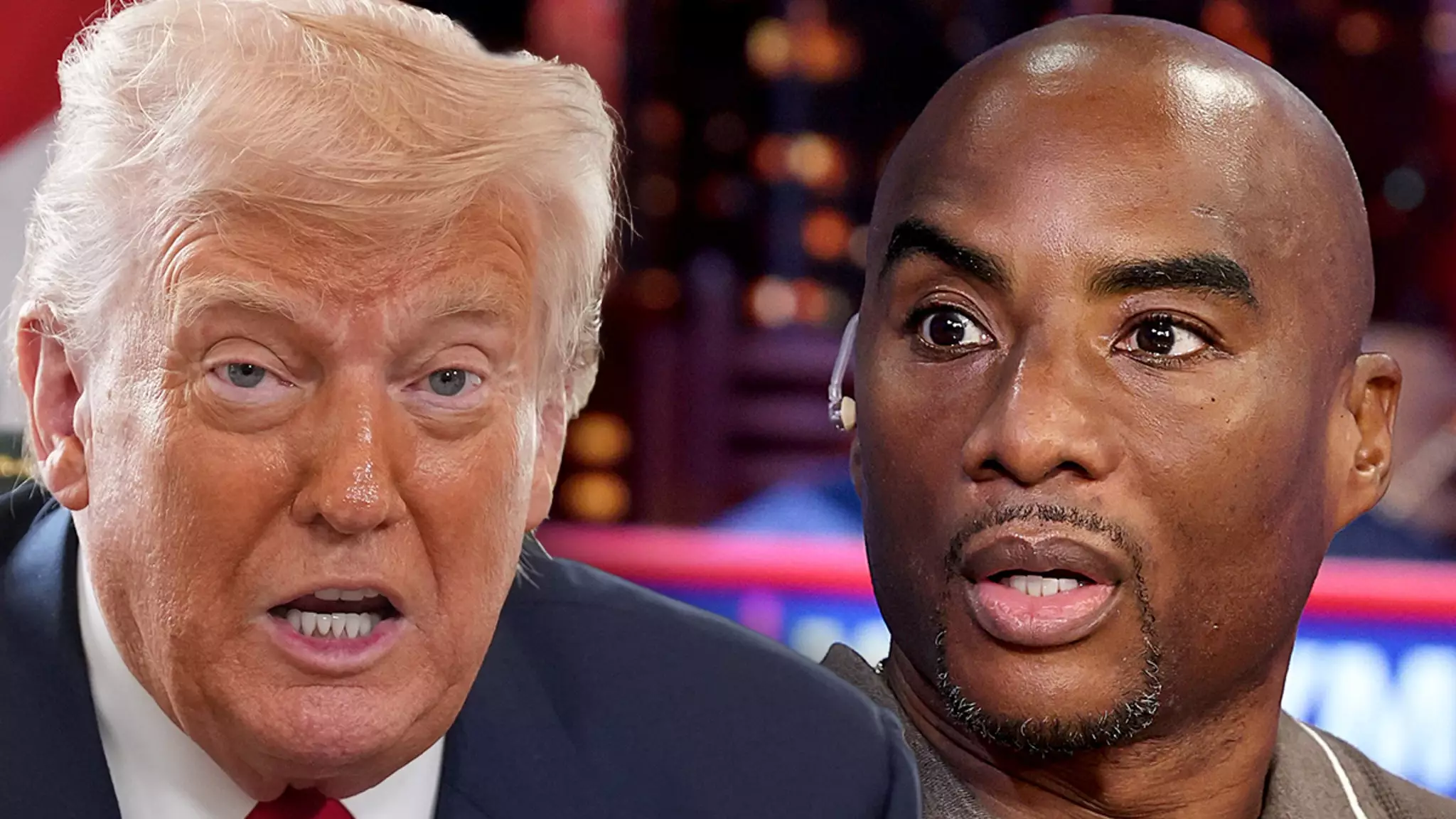The recent incendiary exchange between Donald Trump and Charlamagne tha God underscores a deeper ideological rift shaping the future of the Republican Party. Trump’s visceral response to Charlamagne’s commentary reveals not just personal animosity but also a profound internal struggle over the party’s core principles. While Trump touts his accomplishments in foreign policy, economics, and immigration, critics like Charlamagne suggest a need for a return to traditional conservatism—an ideological shift that threatens Trump’s grip on the party. This clash exemplifies how personality conflicts are masking broader conflicts over the soul of the GOP, which is increasingly torn between populist nationalism and classical conservative values.
The Epstein Controversy as a Political Tool
Charlamagne’s remarks about the Jeffrey Epstein scandal point to an intriguing, yet contentious, narrative: that the scandal could catalyze a realignment within Republican ranks. His assertion that traditional conservatives could leverage the controversy to reclaim the party hints at a fundamental desire for moral and ideological clarity. Conversely, Trump perceives such dialogue as a threat—something he dismisses with personal insults, deeming Charlamagne as an unworthy or even racist critic. This fragmentation reveals a party divided not just by policy differences but by the very legitimacy of leadership and the direction of the movement. As the GOP faces questions about its future, these internal disputes threaten to weaken its coherence at a critical juncture.
Trump’s Rhetoric: Defense or Desperation?
Trump’s fiery reaction—calling Charlamagne a “racist sleazebag” and questioning his intelligence—serves as a defensive posture rooted in his need to dominate the narrative. By attacking Charlamagne personally, Trump aims to dismiss the substance of the critique and reaffirm his populist base. Simultaneously, his emphasis on his accomplishments indicates an attempt to divert attention from the party schisms and scandals toward his record of achievement. However, this approach risks alienating moderate conservatives and independents who crave a more principled leadership. The question remains whether Trump’s aggressive tactics will stabilize his influence or further marginalize him within an increasingly fractured party.
The Future of the Republican Party: From Populism to Principles?
The ongoing conflict highlights a pivotal crossroads for the GOP. Will it capitulate to the populist, personality-driven politics that brought Trump to power, or will it pivot back toward traditional conservative values rooted in law, order, and moral integrity? Charlamagne’s call for a conservative resurgence suggests that many believe the party needs a reset—an acknowledgment that its current trajectory risks alienating moderate voters and undermining its long-term viability. Trump’s vehement rejection of critiques signals a reluctance to modernize or compromise, but continued infighting could weaken the party’s unity ahead of upcoming electoral battles. The battle for the soul of the GOP is not just about personalities—it’s about defining what conservatism truly stands for in the 21st century.

